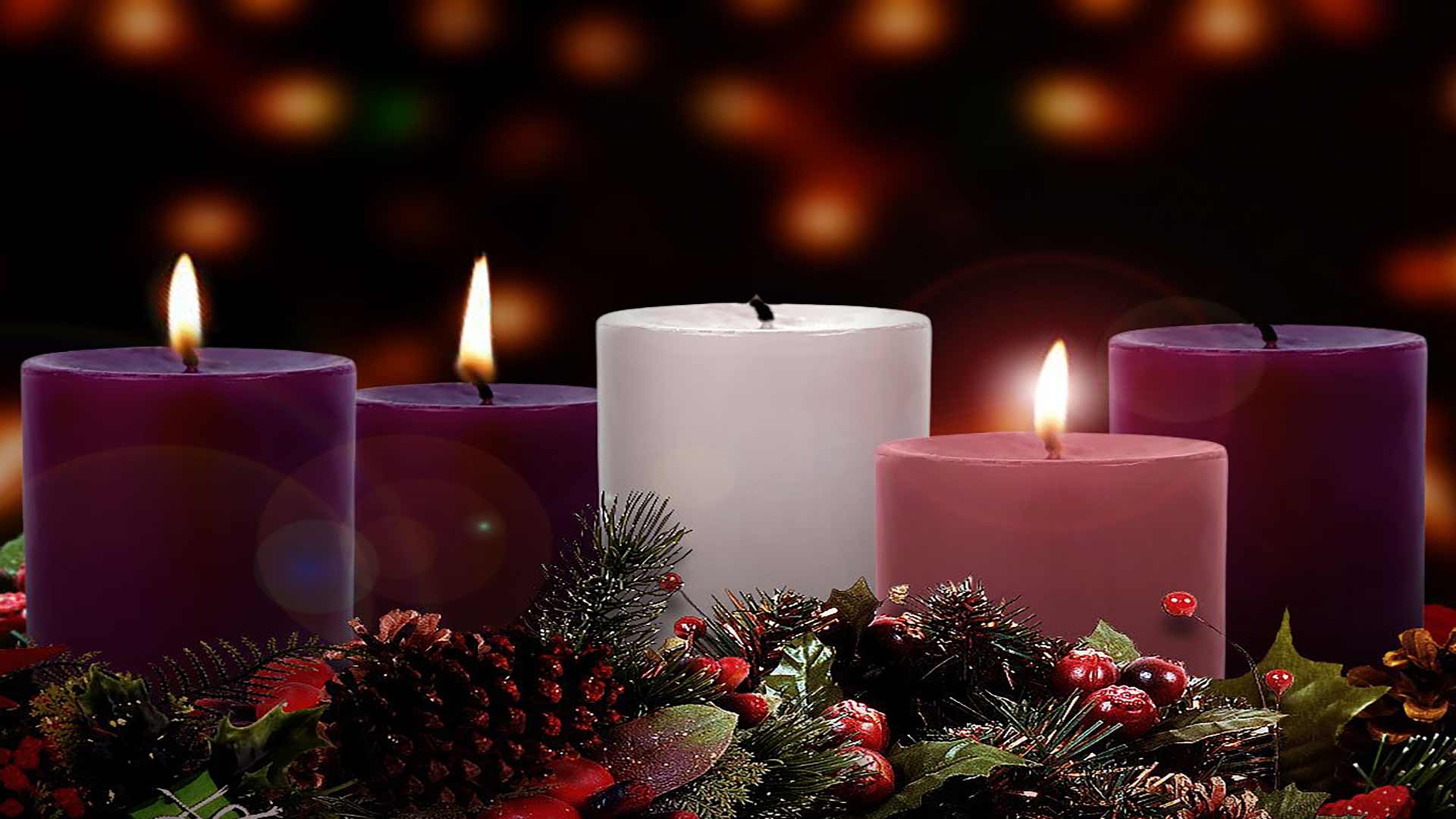The Light of Joy
Today is the Third Sunday of Advent. We have got this far with hope and peace we have summoned from past two Sundays. We are half way to the holy day commemorating the arrival of our Saviour in Bethlehem two centuries ago. There is an air of anticipation, and the Readings reflect that joy. It stems from the conviction that, no matter how we may fall short of the glory of God, He does not abandon us. In fact, He has stayed with us through human history and our personal stories.
In the First Reading (Zeph 3: 14-18), we meet a rare prophet. Zephaniah prophesied in the days of king Josiah of Judah (640–609 BCE). He was a contemporary of Jeremiah and had much in common with him. The scene of his activity was the city of Jerusalem. A three-chapter book that he wrote places him among the twelve minor prophets.
Today’s text is from Zephaniah’s third and last chapter. It has a Messianic flavour, although not to the same extent as Isaiah and Jeremiah do. It’s a hymn of hope about the restoration of Israel. ‘Daughter of Zion’ and ‘daughter of Jerusalem’ personify the inhabitants. Zion was the local hill, on which David built his city. Zion was also a land of future promise or return from exile. And although infrequent in the New Testament, Zion has been used as a name for the heavenly city or for the earthly Christian city.
As foretold in the Old Testament, the Lord kept His promise. He sent His Only Son with the Good News of Salvation; the bad news was that the people of Israel misunderstood His mission and rejected Him. God, however, remains faithful to the end. He comes into our homes and hearts very especially, and will come again at the end of times – hour unknown.
As for St Paul, in the Second Reading (Phil 4: 4-7), he says ‘the Lord is at hand.’ What does that mean? It was common for the first generation of Christians to believe that the Lord’s return was imminent. So, in his letter to the Philippians, the Apostle instructs and reassures them. By no means does he give them false hope; for ‘at hand’ meant nearby, close to us, in spirit.
St John the Baptist and Jesus Himself often used that expression. In fact, Jesus is always at hand: does He not follow every step we take and prevent us from stumbling? Can we imagine even a moment without the Lord’s presence and intervention? God is one with our earthly reality. We must, therefore, in prayer with petition and thanksgiving, let Him know our concerns.
In the Gospel (Lk 3: 10-18), we learn that the multitude asked St John the Baptist: ‘What then shall we do?’ This question that occurs quite naturally is the beginning of a change of heart, a conversion. The Baptist not only tells them what they have to do, he points to Jesus as being the One they have to follow: ‘I indeed baptize you with water; but there shall come one mightier that I, the latchet of whose shoes I am not worthy to loosen: he shall baptize you with the Holy Ghost, and with fire.’
The son of Zechariah and Elizabeth then added that when Christ comes in judgement, He will ‘gather the wheat into his barn; but the chaff he will burn with unquenchable fire.’ Of course, this is not a matter for sadness but joy – for we have finally found The Way! Jesus endorsed the idea, saying, ‘I am the Way, and the Truth, and the Life. No man cometh to the Father, but by me.’
On Gaudete Sunday[1] today, we ought to rejoice, for the Saviour is in our midst, notwithstanding our sins of old. The pink or rose of the third candle of Advent, called the Shepherd’s Candle, represents that joy. Jesus is indeed the Good Shepherd. We have to rejoice with deep faith in His goodness and mercy. With this knowledge or light in our hearts, we are sure to experience the light of joy! And the more we partake of that joy, the greater will be our light, our knowledge, our understanding of things divine!
[1] So called from the Latin opening words of the introit antiphon, ‘Gaudete in Domino Semper’ – Rejoice in the Lord always!
